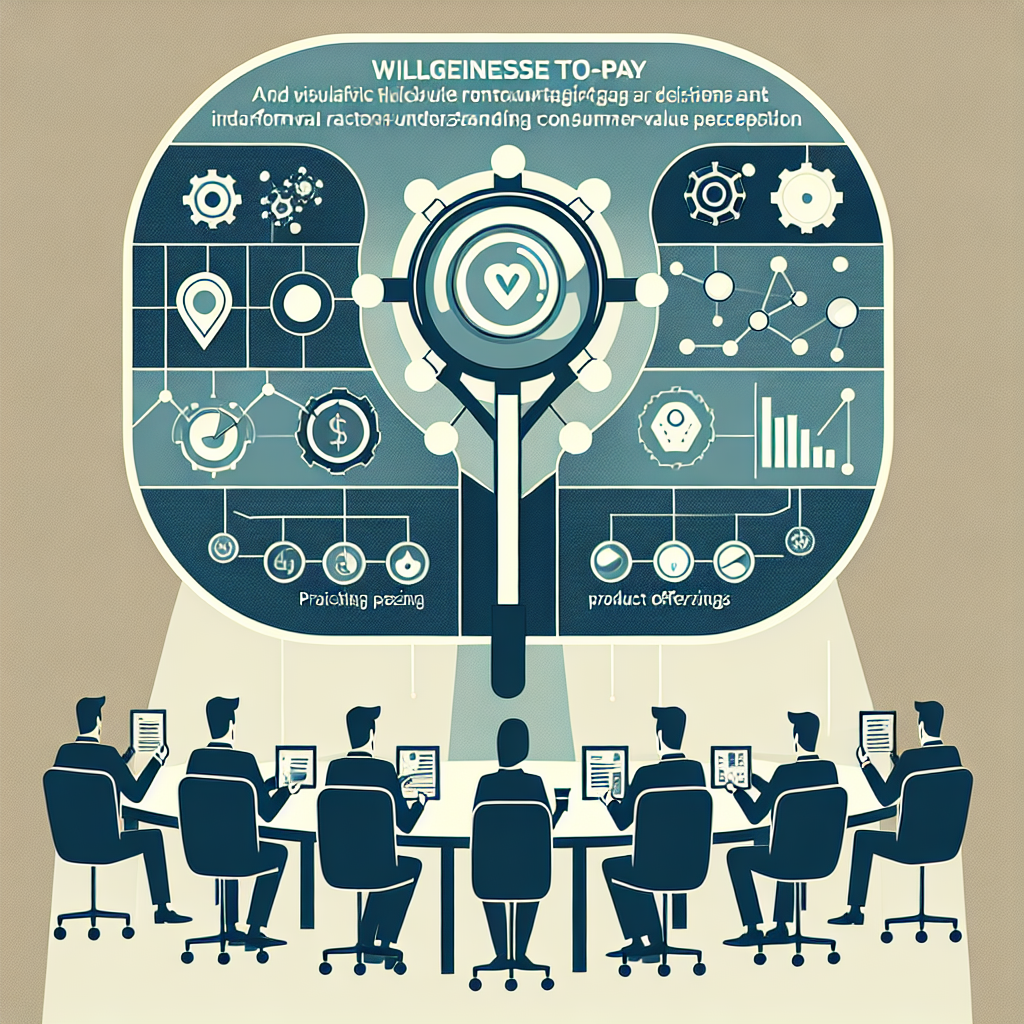Ethical Considerations in Data-Driven Marketing: Navigating the Moral Landscape of Digital Engagement
1. Introduction: The Ethical Imperative in Digital Marketing
In an era of unprecedented data collection and algorithmic decision-making, marketing has reached a critical crossroads between technological capability and ethical responsibility. The proliferation of digital technologies has transformed marketing from a one-way communication channel to a complex ecosystem of data-driven interactions. However, this technological advancement brings profound ethical challenges that demand immediate and thoughtful attention.
Modern consumers are increasingly aware of their digital footprint, demanding transparency, respect, and ethical treatment of their personal information. The tension between personalization and privacy has become the defining ethical challenge for marketers in the digital age. Companies now face the critical task of balancing innovative marketing strategies with fundamental principles of human dignity, consent, and individual autonomy.
2. The Technological Foundations of Ethical Data Collection
Ethical data-driven marketing requires a comprehensive understanding of the technological mechanisms underlying data collection and analysis:
a) Data Collection Methodologies
- Informed Consent: Developing transparent mechanisms for obtaining genuine, comprehensible user consent.
- Granular Permission Models: Implementing multi-layered consent frameworks that allow users precise control over their data.
- Zero-Party Data Strategies: Encouraging voluntary data sharing through value-driven interactions.
b) Data Processing and Analysis
- Algorithmic Fairness: Developing AI and machine learning models that minimize bias and discrimination.
- Contextual Data Interpretation: Moving beyond raw data to understand the nuanced human contexts behind digital interactions.
- Privacy-Preserving Technologies: Utilizing techniques like differential privacy and federated learning to protect individual identities.
3. Key Ethical Challenges in Data-Driven Marketing
a) Privacy and Consent
Rapid technological advancements have outpaced existing privacy regulations. Marketing teams must proactively address:
- The right to be forgotten.
- Transparent data usage policies.
- Comprehensive opt-out mechanisms.
Example: Apple's App Tracking Transparency framework, which requires explicit user permission for cross-app tracking, represents a landmark approach to user privacy.
b) Algorithmic Bias and Discrimination
Data-driven marketing algorithms can perpetuate and amplify existing societal biases:
- Unintentional demographic exclusion.
- Reinforcement of stereotypical targeting.
- Systemic discrimination in personalization algorithms.
Case Study: A leading e-commerce platform discovered its recommendation algorithms were inadvertently limiting job advertisement exposure for certain demographic groups, demonstrating the critical need for algorithmic audit and correction.
c) Data Security and Protection
Protecting consumer data involves:
- Robust cybersecurity infrastructure.
- Encryption and secure data storage.
- Rapid breach notification protocols.
- Comprehensive data governance frameworks.
4. Business Impact of Ethical Marketing Practices
Organizations implementing robust ethical marketing strategies can expect significant benefits:
- Consumer Trust: 73% of consumers are more likely to trust brands with transparent data practices.
- Brand Loyalty: Ethical data handling can increase customer retention by up to 25%.
- Regulatory Compliance: Proactive ethical frameworks reduce legal and financial risks.
- Competitive Differentiation: Emerging as a trust-driven, responsible brand in a crowded marketplace.
5. Challenges in Implementing Ethical Marketing
a) Technological Complexity
- Rapidly evolving digital ecosystems.
- Complexity of emerging privacy technologies.
- Integrating ethical considerations into existing technological infrastructures.
b) Organizational Alignment
- Breaking down silos between marketing, legal, and technology departments.
- Developing a company-wide ethical data culture.
- Continuous training and awareness programs.
c) Global Regulatory Variations
- Navigating diverse international data protection regulations.
- Implementing flexible, adaptable compliance frameworks.
- Maintaining consistent ethical standards across different jurisdictions.
6. Future Outlook: Emerging Ethical Marketing Trends
a) Decentralized Data Ownership
- Blockchain and distributed ledger technologies.
- User-controlled personal data marketplaces.
- Transparent, auditable data transactions.
b) AI-Driven Ethical Frameworks
- Self-regulating algorithms.
- Real-time bias detection and correction.
- Contextual understanding of ethical boundaries.
c) Holistic Privacy Ecosystems
- Integration of privacy by design principles.
- Collaborative industry standards.
- Proactive ethical innovation.
7. Conclusion: Redefining Marketing's Moral Compass
Ethical data-driven marketing is not a constraint but an opportunity for genuine human-centric innovation. By prioritizing individual dignity, transparency, and meaningful consent, organizations can transform data from a potential threat to a tool for creating genuine value and trust.
The future of marketing lies in building relationships founded on mutual respect, where technology serves human needs rather than manipulating human behaviors.
8. Call to Action
For marketing leaders and organizations committed to ethical digital engagement:
- Conduct comprehensive ethical audits of current data practices.
- Invest in advanced privacy-preserving technologies.
- Develop cross-functional ethical marketing teams.
- Create transparent, user-centric data policies.
- Prioritize ongoing education and awareness in ethical digital practices.
The path forward requires courage, innovation, and an unwavering commitment to human-first marketing strategies.
Featured Blogs
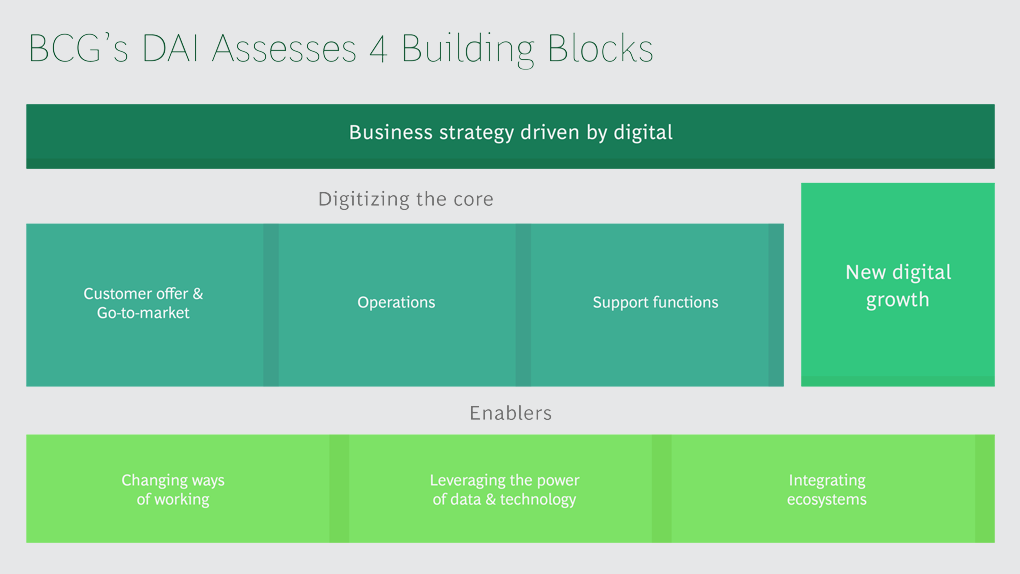
BCG Digital Acceleration Index
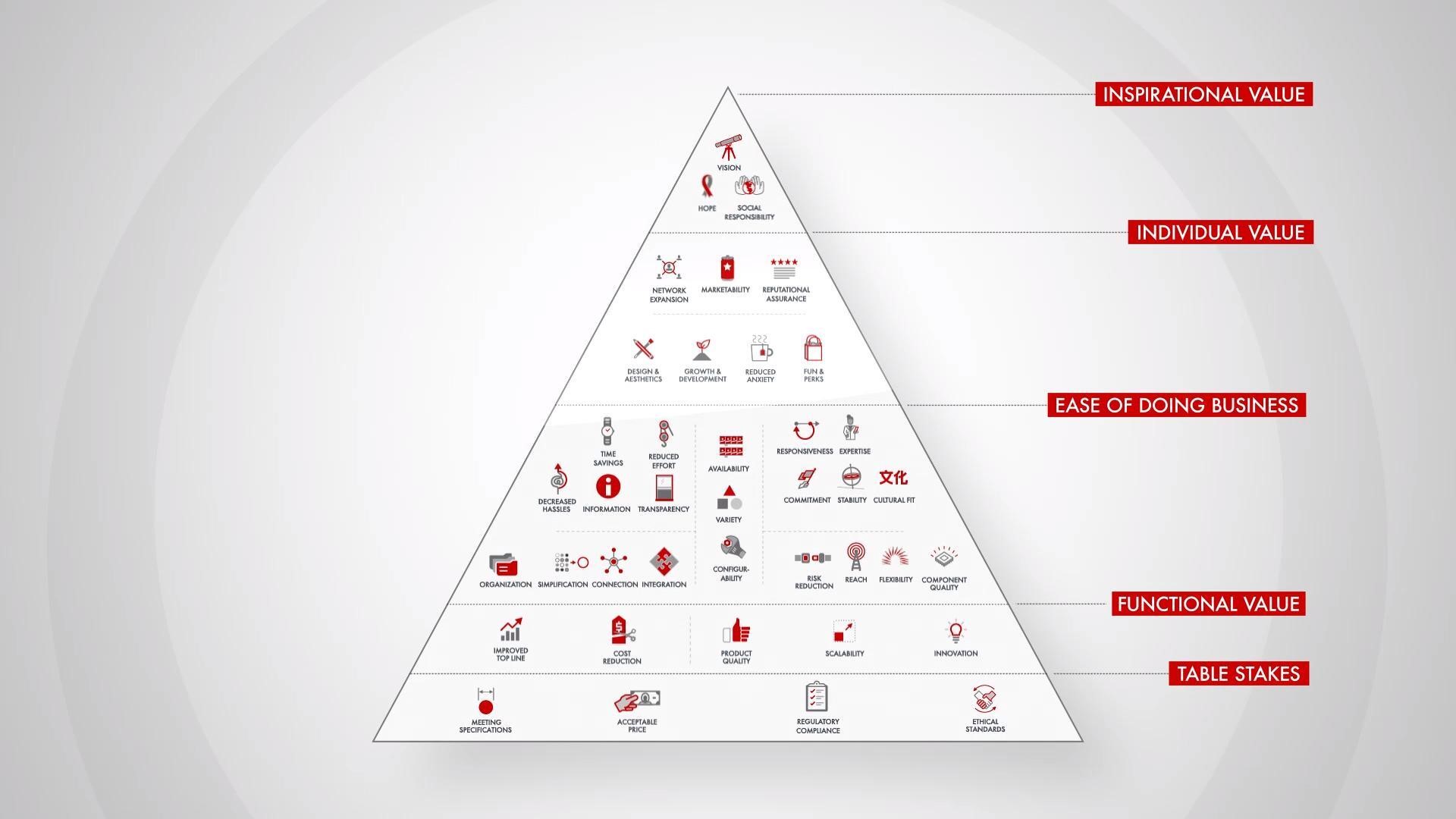
Bain’s Elements of Value Framework
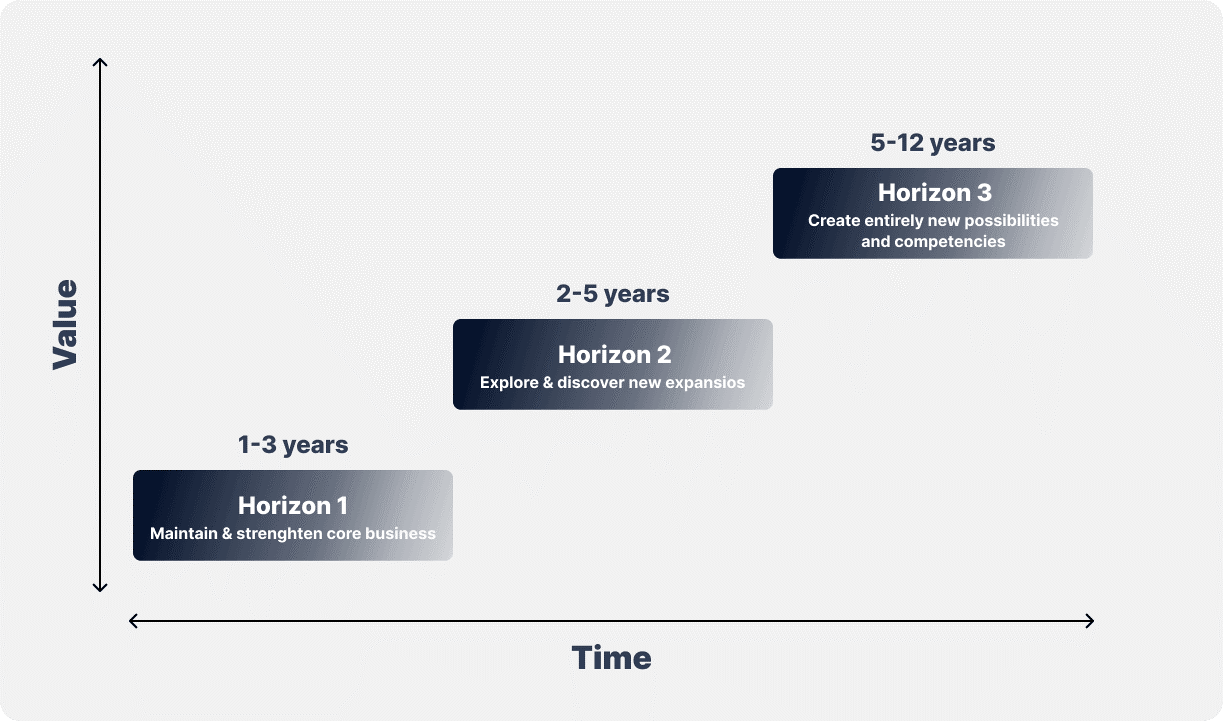
McKinsey Growth Pyramid
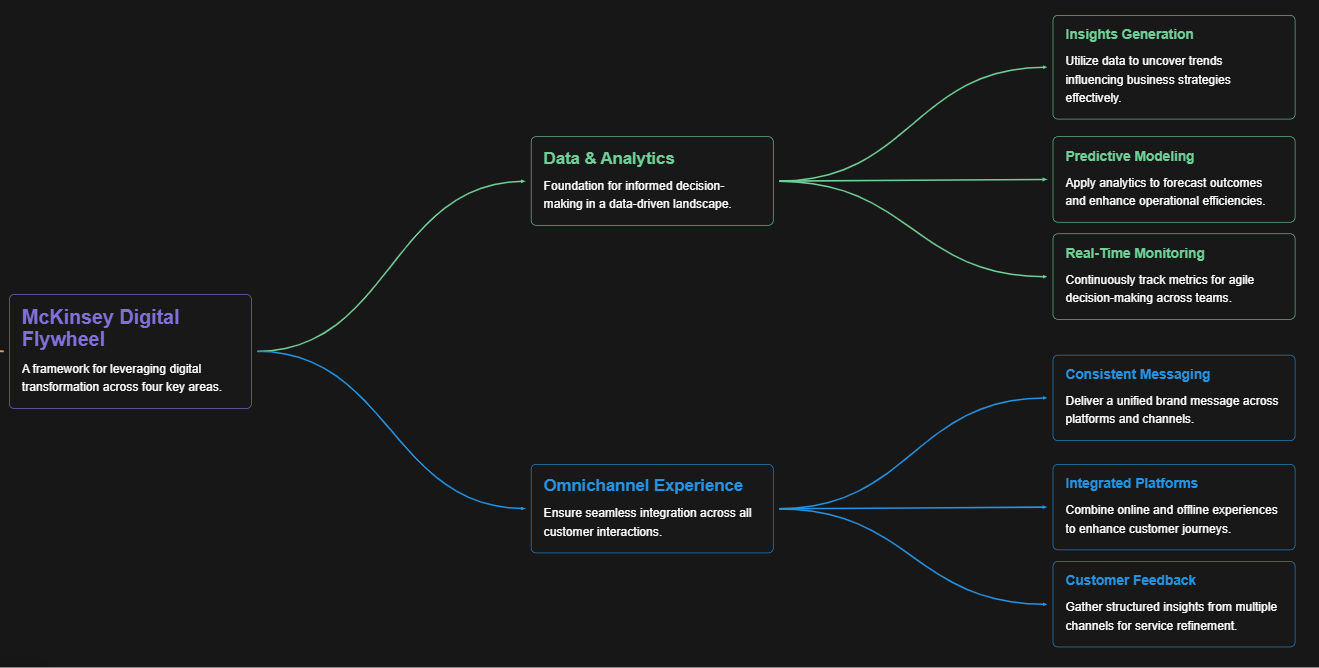
McKinsey Digital Flywheel
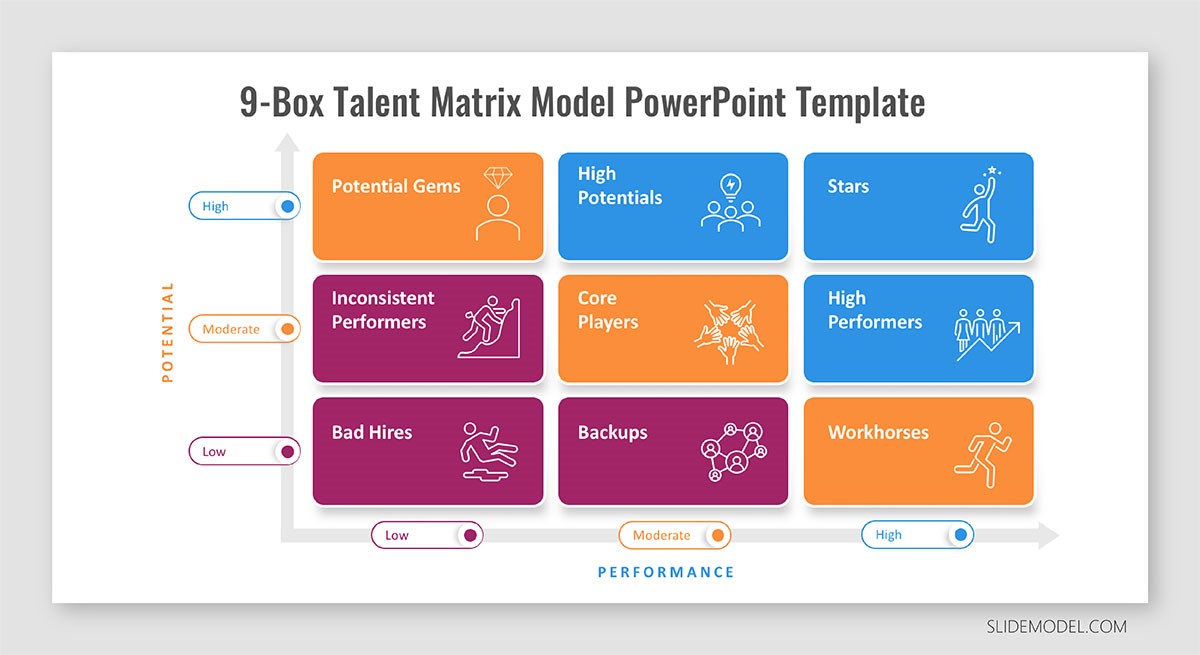
McKinsey 9-Box Talent Matrix

McKinsey 7S Framework
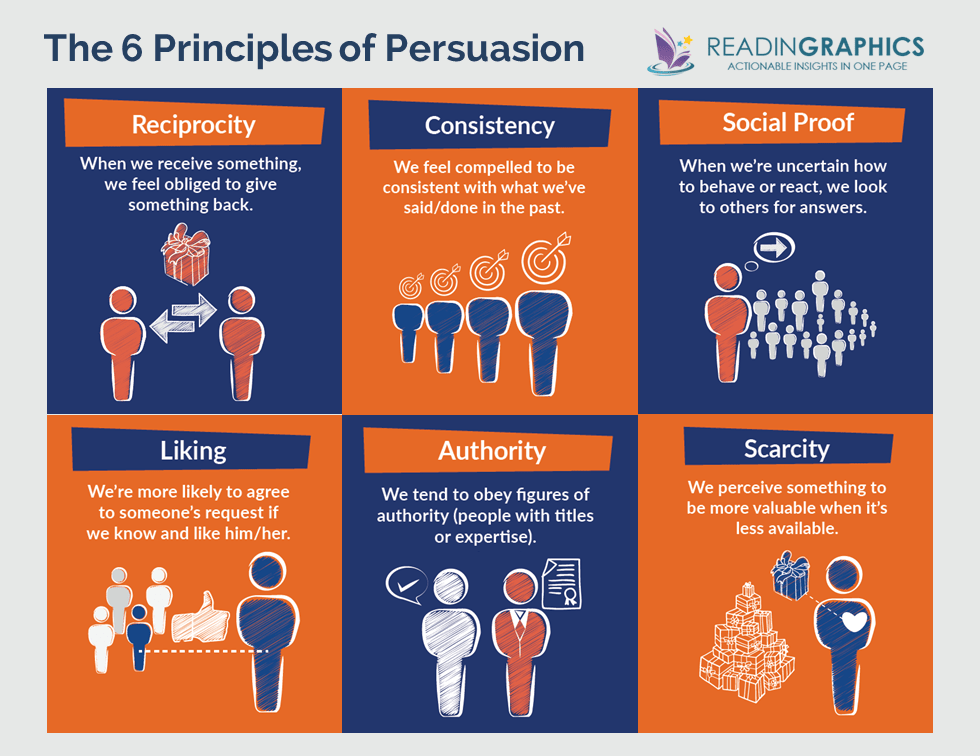
The Psychology of Persuasion in Marketing

The Influence of Colors on Branding and Marketing Psychology





